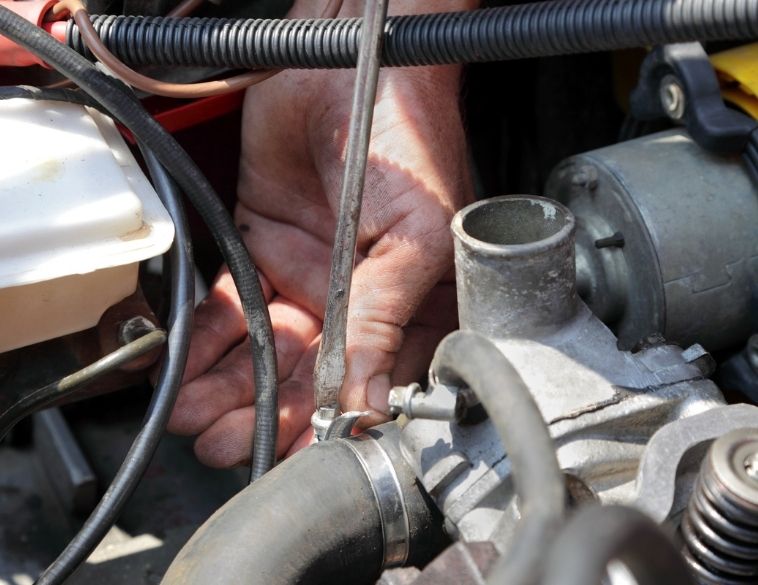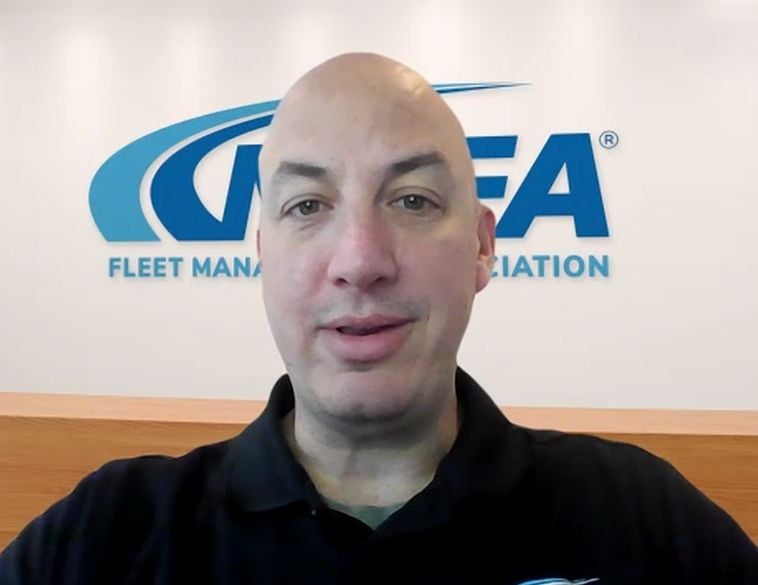Fleet management
Information technology has dramatically changed the way fleet professionals manage their assets. Gone are the days when a fleet manager could keep track of all their vehicles with the help of a spreadsheet. Today, a quality fleet management system can effectively and efficiently track multiple vehicles and multiple expenses, along with performance measurements, maintenance and repair costs, and other basic metrics. Whether employing a work-based computer system, or taking advantage of the power of cloud computing, modern computer science and software development companies have provided fleet managers with sophisticated tools that can help them keep track of all data collected, keep an eye on all drivers, determine where expenses can be reduced, and ultimately allow fleet managers to reduce costs.
Strategic plans
Whether an organization has a dedicated safety department or not, one of the key responsibilities of every fleet manager is driver safety. Here again, technology can help fleet managers to monitor driver behaviour from a distance. Driver performance can be monitored remotely, and all data collected can be sent back to a central database for further analysis and scrutiny. With the right fleet policy in place, fleet managers can determine whether extra driver training is necessary to boost safety, reduce vehicle insurance exposure, as well as improve efficiencies.
Vehicle maintenance
With the right technologies in place, fleet managers can better track and manage vehicle maintenance costs. A fleet may have a vehicle preventive maintenance schedule in place, but it’s of little value unless drivers are encouraged to follow it. Drivers also need to be monitored in order to assure that they’re bringing their motor vehicles in for service on time. Not replacing wiper blades on time won’t affect a vehicle’s performance, but ignoring oil change schedules can destroy an engine. If a car maintenance checklist is not adhered to, the vehicle repair bills can get out of hand. Just imagine what it would cost to replace an entire engine, just because oil change intervals were ignored. Moreover, with the ongoing global supply chain challenges, the cost of parts have gotten out of hand. In addition, thanks to inflation, the cost of labour is also much higher. These elevated costs translate into higher vehicle expenses whenever major repairs are necessary. That’s why it’s so important for every driver to adhere to the recommended preventive maintenance schedule. If driver’s stick to maintenance schedules, the more costly repairs can be avoided. The truth is that it’s more affordable to change the transmission fluid, rather than the entire transmission, and it’s less expensive to replace the brake pads, instead of the pads and rotors. Finally, with the cost of fuel at record highs, fleet managers can control their fuel costs by implementing a comprehensive fuel management program. Technology can help here too.
Used vehicles
Another one of the many responsibilities all fleet managers must care for is the remarketing of used vehicles. Regardless of the type of vehicle, fleet managers need to get top dollar for their old vehicles. If they’re not sure what a vehicle may be worth, here again, information technology can help.








